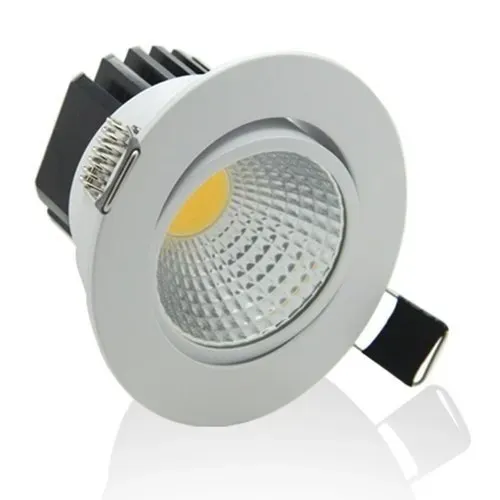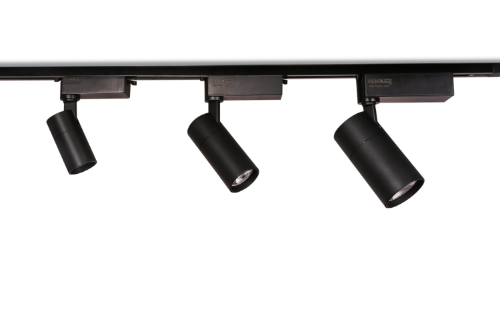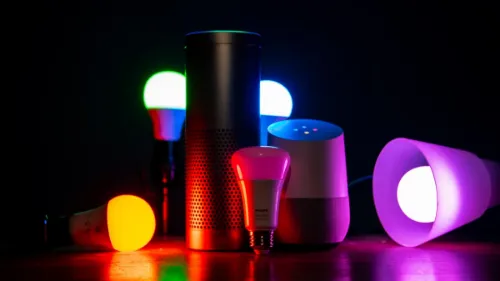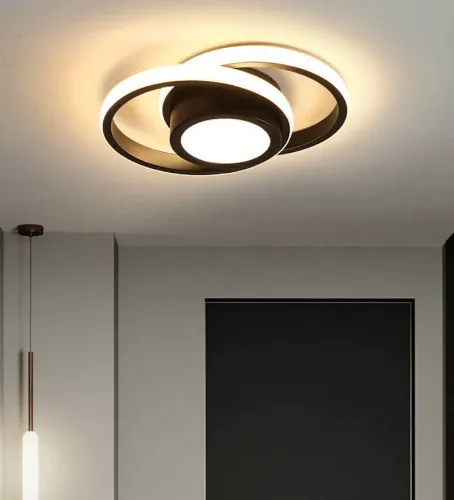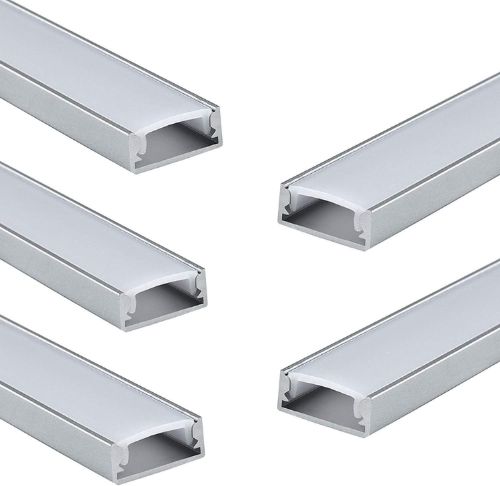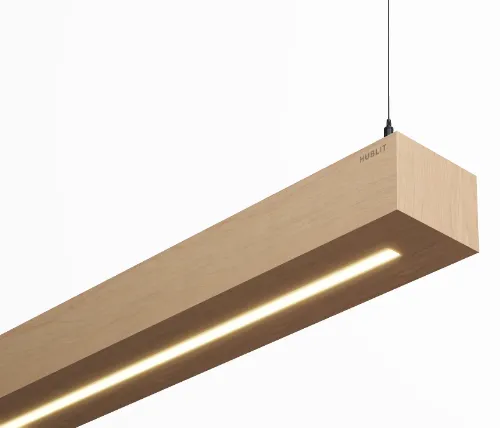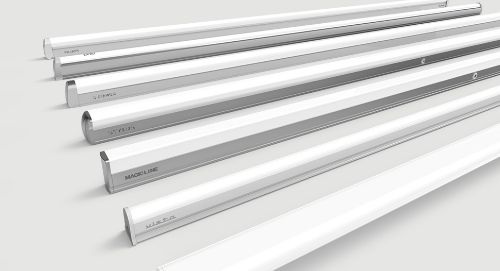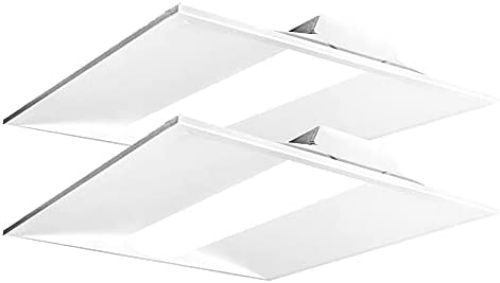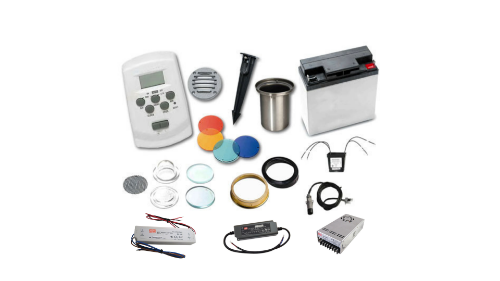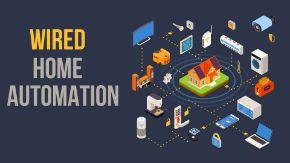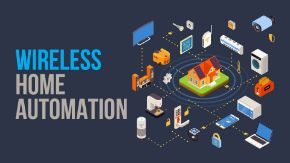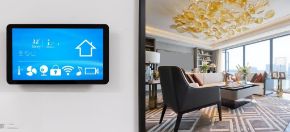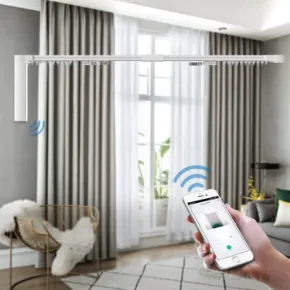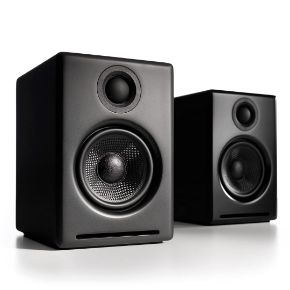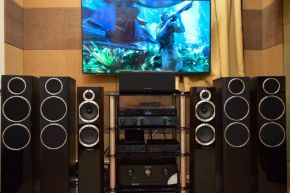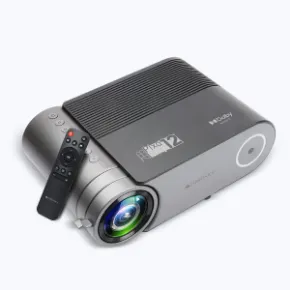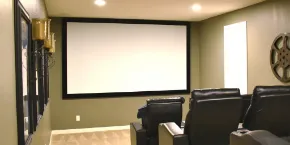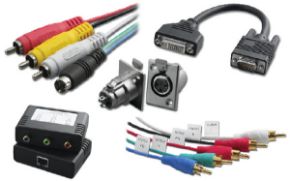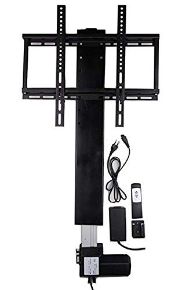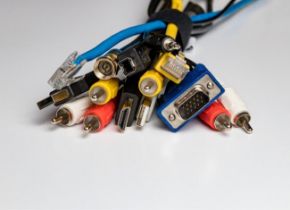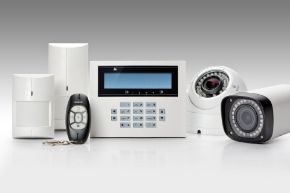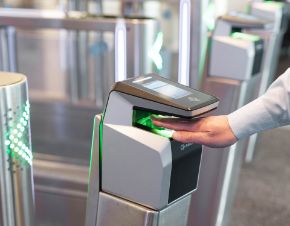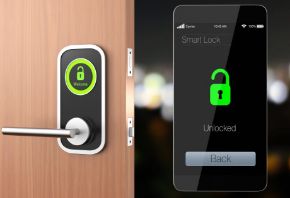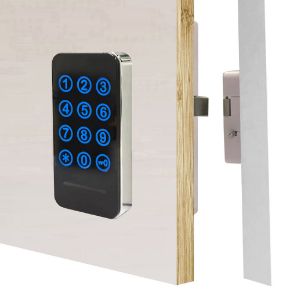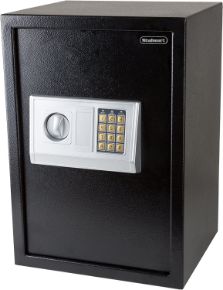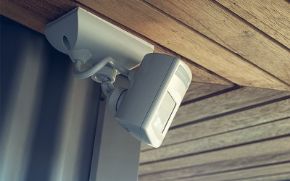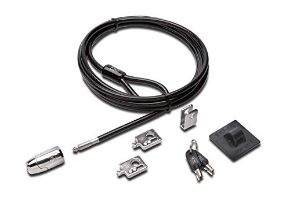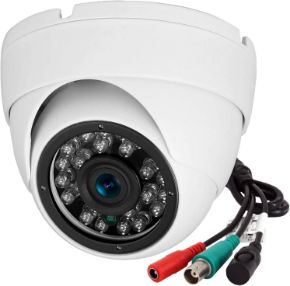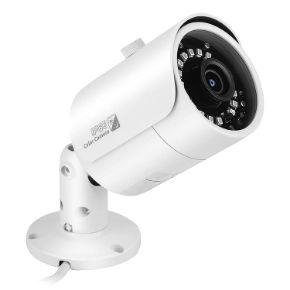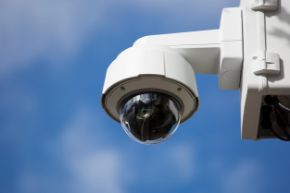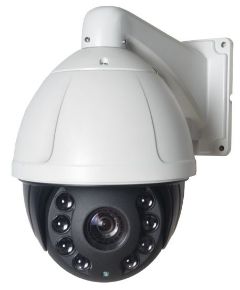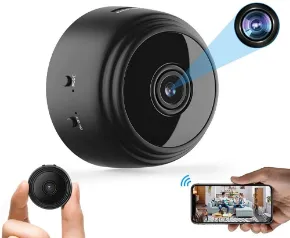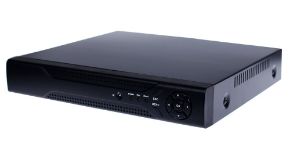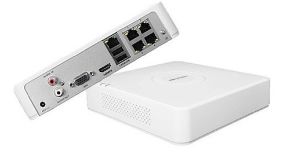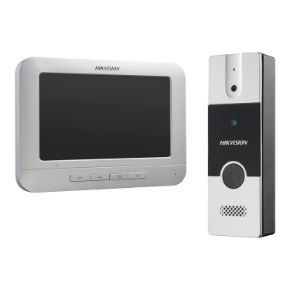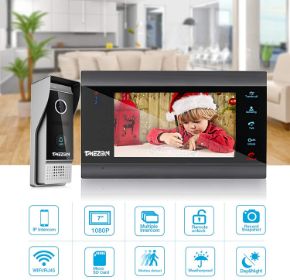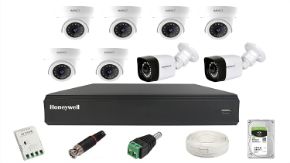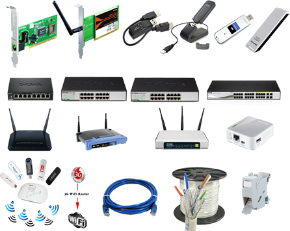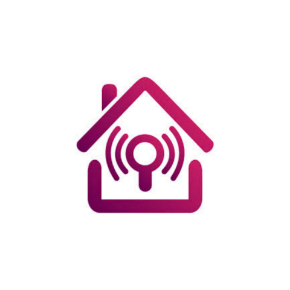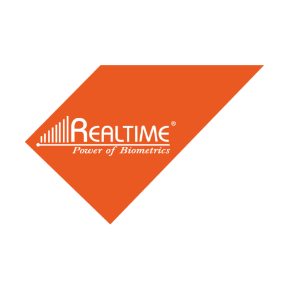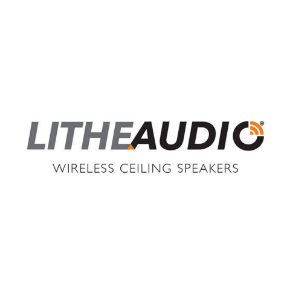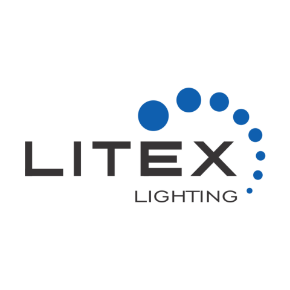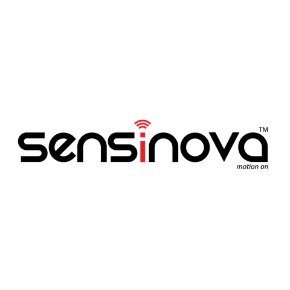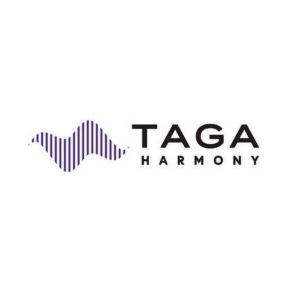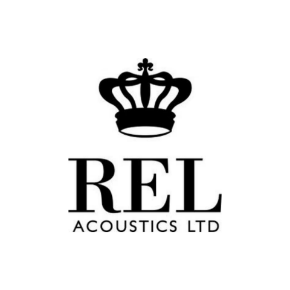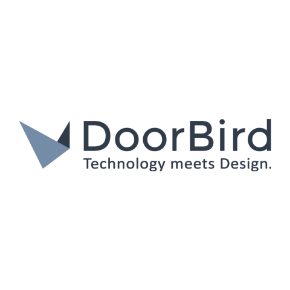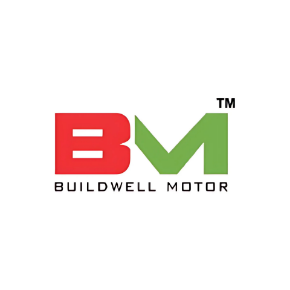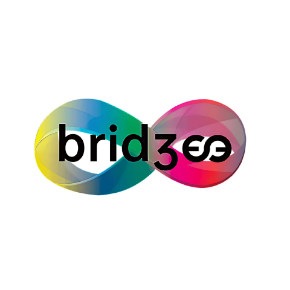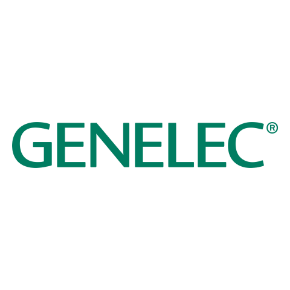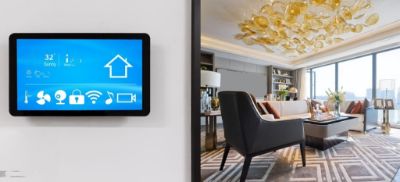Smart home automation systems, also known as home automation or smart home technology, allow homeowners to control and automate various aspects of their homes using a smartphone or other device. These systems can include everything from lighting and temperature control to security and entertainment systems.
Advantages:
- Increased convenience: Smart home automation systems allow homeowners to control various aspects of their homes from anywhere, at any time, using a smartphone or other device. This can include turning lights on and off, adjusting the thermostat, or checking on the status of security cameras.
- Energy efficiency: Smart home automation systems can help homeowners save money on their energy bills by allowing them to control lighting and temperature settings remotely. For example, homeowners can set their thermostat to lower the temperature when they're away from home, or turn off lights that are not being used.
- Improved security: Smart home automation systems can include security features such as motion sensors, cameras, and door locks that can be controlled remotely. This can give homeowners peace of mind by allowing them to check on their homes and make sure everything is secure, even when they're away.
- Enhanced entertainment: Smart home automation systems can also include features such as speakers, sound systems, and televisions that can be controlled remotely. This can allow homeowners to enjoy music and movies in any room of their home.
- Remote access: Smart home automation systems allow homeowners to access and control their homes from anywhere, at any time, using a smartphone or other device. This can be especially useful for homeowners who travel frequently or have multiple properties.
- Automated routines: Smart home automation systems can be programmed to perform specific actions at certain times of the day. For example, homeowners can set their lights to turn on at sunset and turn off at bedtime.
- Voice control: Many smart home automation systems can be controlled using voice commands, making it easy for homeowners to perform various actions without having to physically interact with the system.
- Integration: Smart home automation systems can be integrated with other devices such as Amazon Echo, Google Home, and Apple HomeKit, making it easy for homeowners to control multiple devices with a single voice command.
- Scalability: Smart home automation systems can be expanded and customized to fit the needs of the homeowner, making it easy for homeowners to add new devices and features as needed.
- Increased property value: Smart home automation systems can add value to a home by making it more attractive to potential buyers.
Disadvantages:
- High initial cost: Smart home automation systems can be expensive to install and set up. This can be a significant disadvantage for homeowners who are on a tight budget.
- Complexity: Smart home automation systems can be complex and difficult to understand, especially for homeowners who are not tech-savvy. This can make it difficult for homeowners to use all of the features and capabilities of the system.
- Security concerns: Smart home automation systems can make homes more vulnerable to hacking and other security breaches. This can be a major concern for homeowners who are worried about the security of their personal information and the safety of their homes.
- Dependence on Internet connection: Smart home automation systems rely on an internet connection to function properly. If the internet connection is down, the system will not work, limiting the functionality of the system.
- Limited compatibility: Some smart home automation systems may not be compatible with all devices and systems, which can limit the functionality of the system.
In conclusion, smart home automation systems offer many benefits such as convenience, energy efficiency, improved security, enhanced entertainment, remote access, automated routines, voice control, integration, scalability, and increased property value. Despite the high initial cost and the complexity of the systems, the advantages of smart home automation far outweigh the disadvantages. With the advancements in technology and the increasing affordability of these systems, more and more homeowners are choosing to invest in smart home automation technology.

